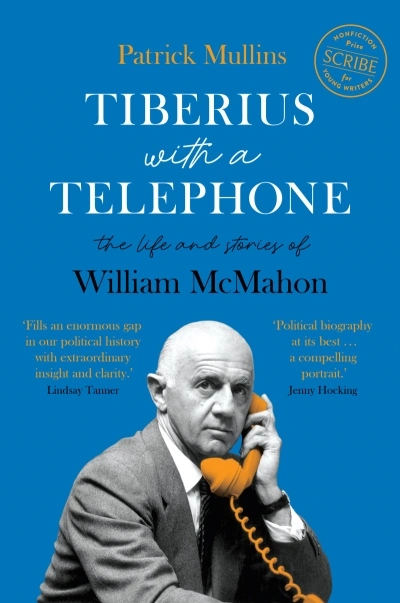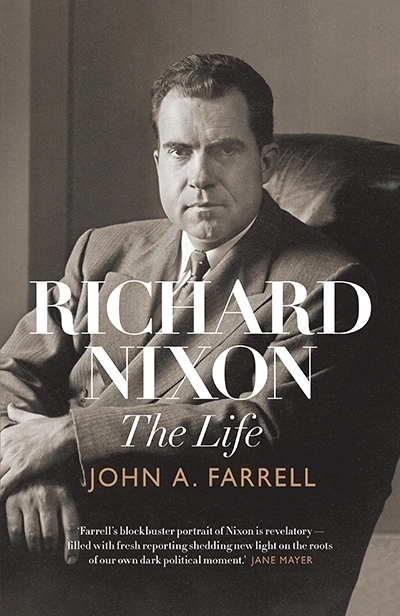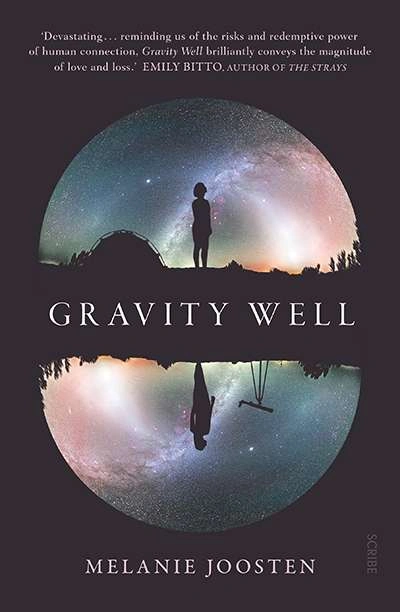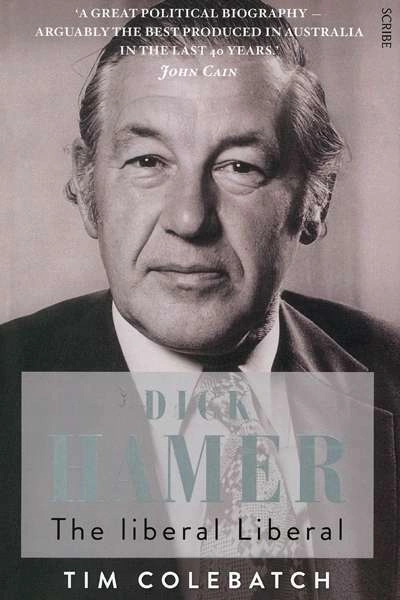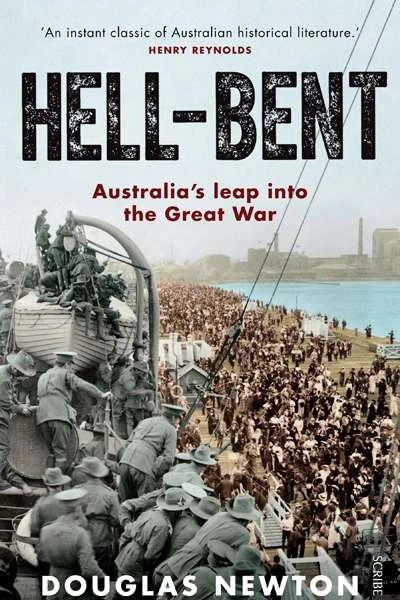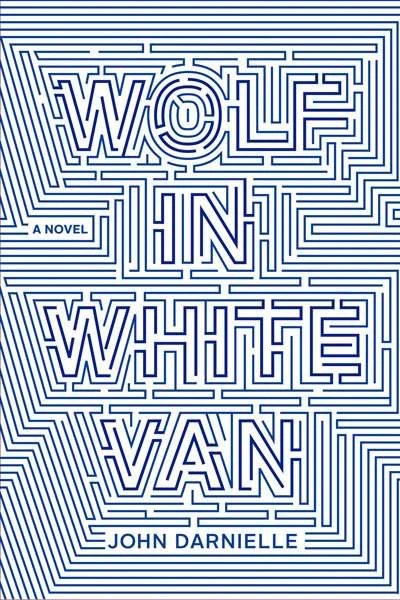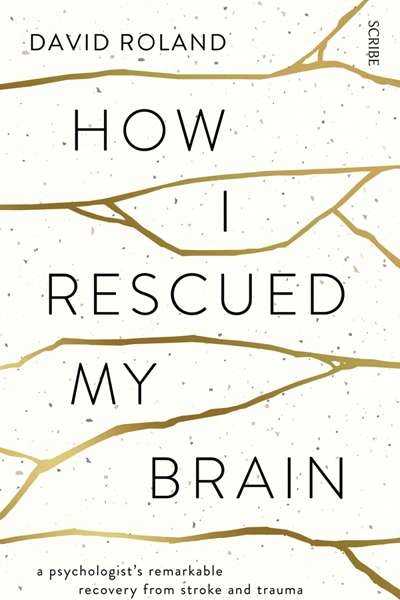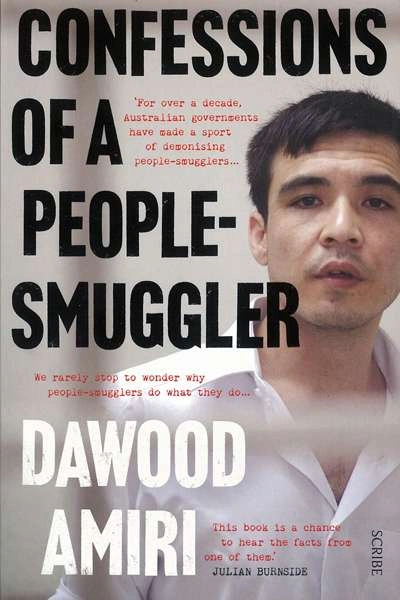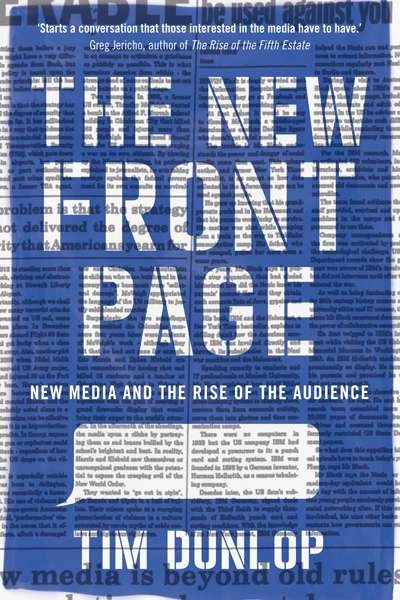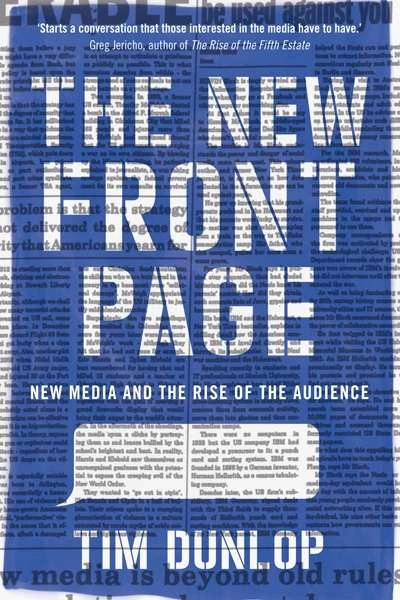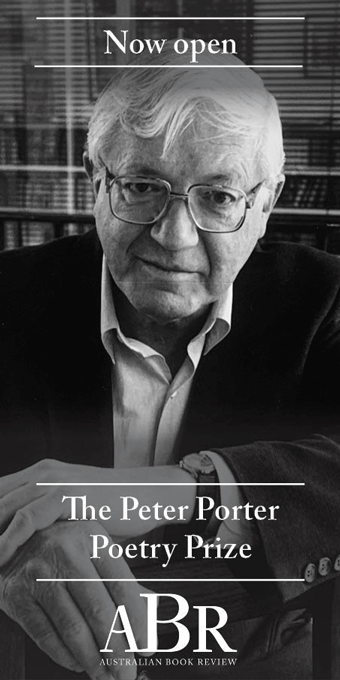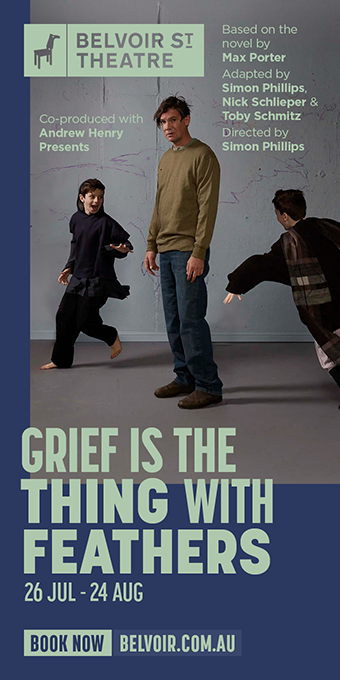Scribe
Tiberius with a Telephone: The life and stories of William McMahon by Patrick Mullins
by James Walter •
Dick Hamer: The liberal Liberal by Tim Colebatch
by Geoffrey Blainey •
Hell-Bent: Australia’s leap into the Great War by Douglas Newton
by Carolyn Holbrook •
Confessions of a People-Smuggler by Dawood Amiri & The Undesirables by Mark Isaacs
by Peter Mares •
The New Front Page: New Media and the Rise of the Audience by Tim Dunlop
by Gillian Terzis •


